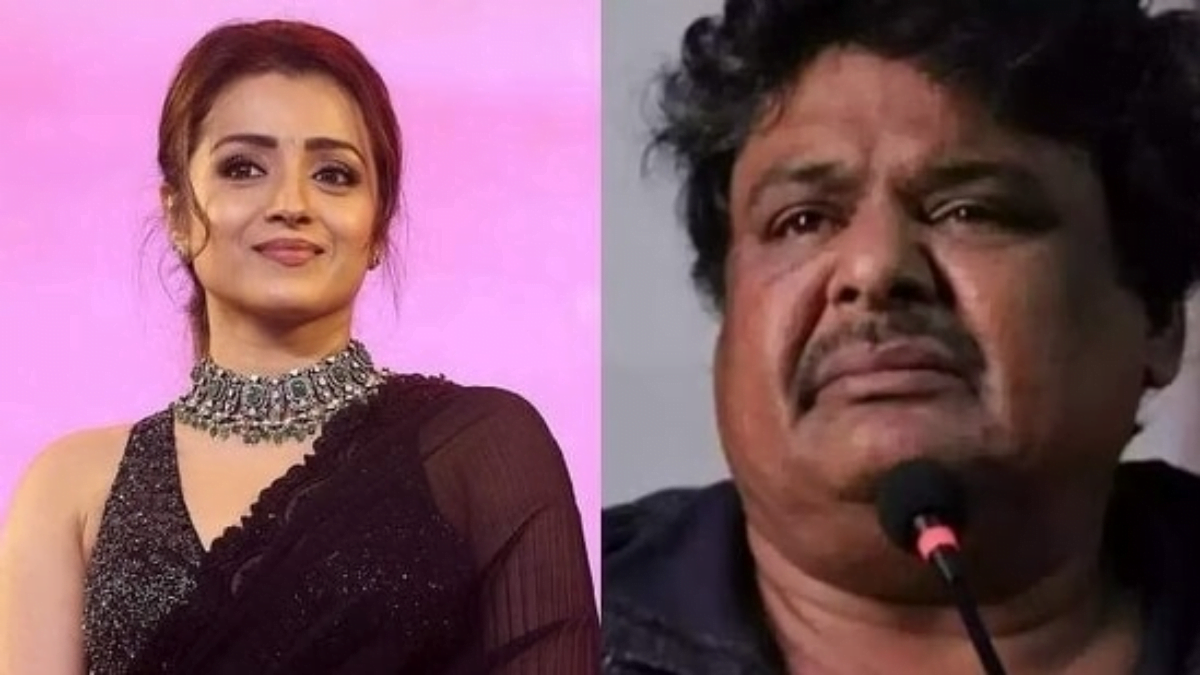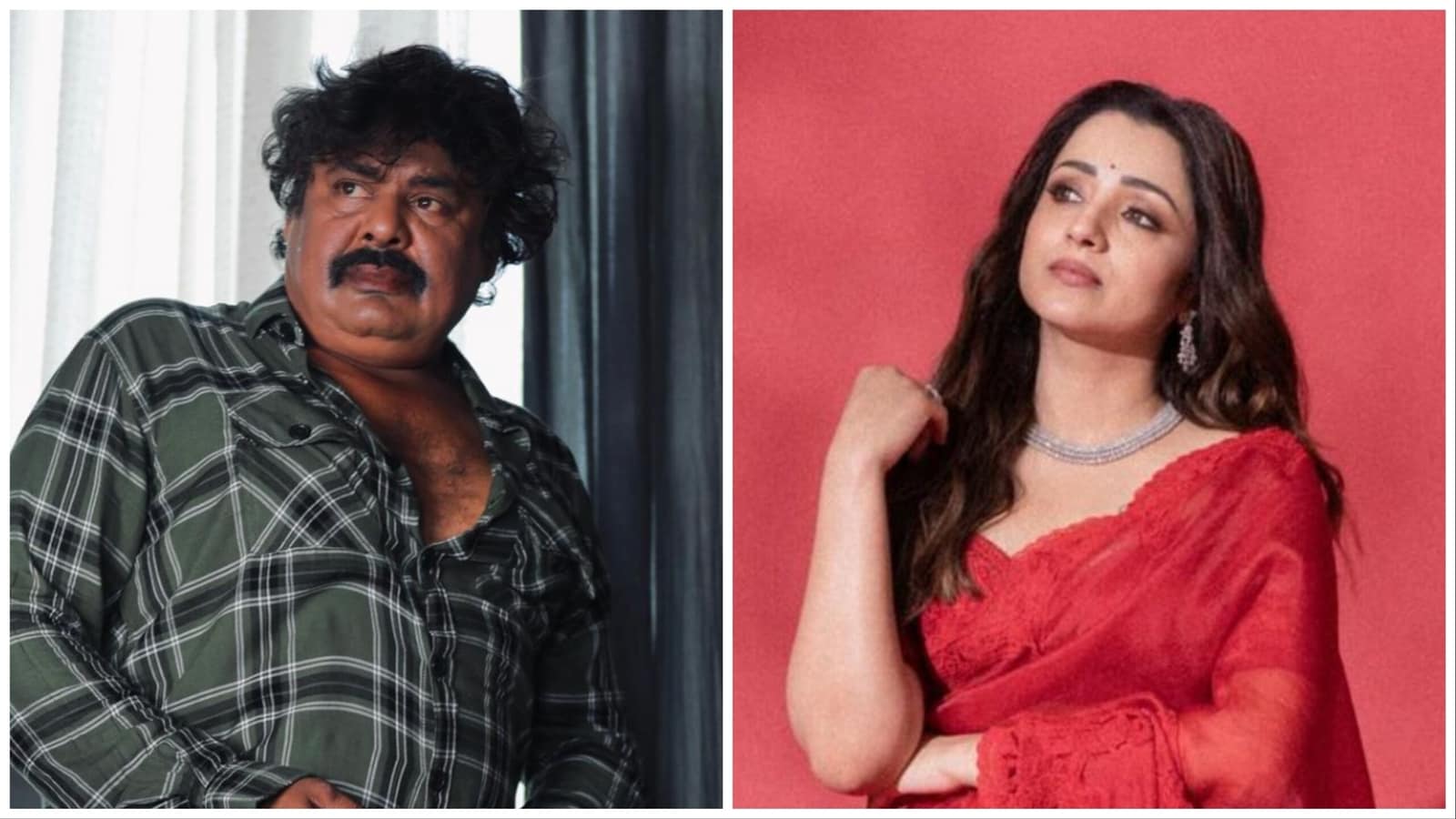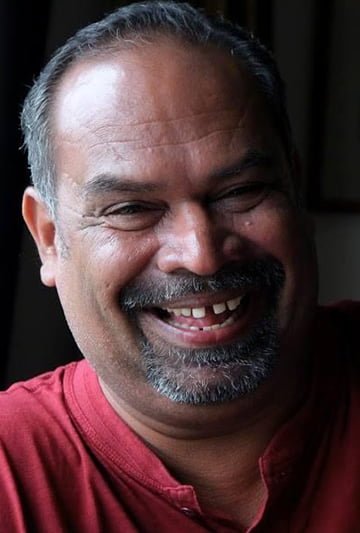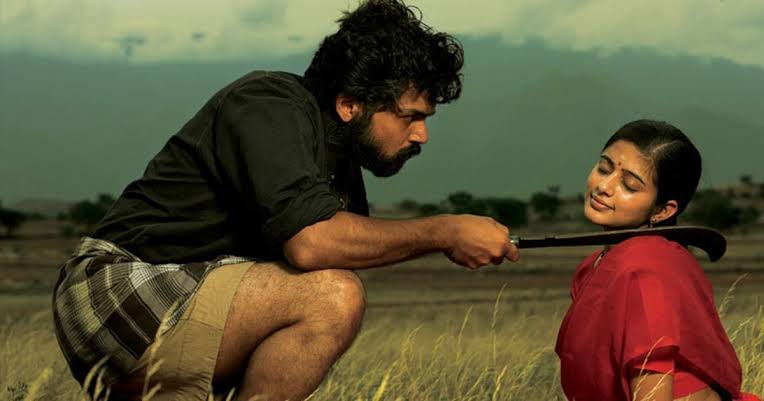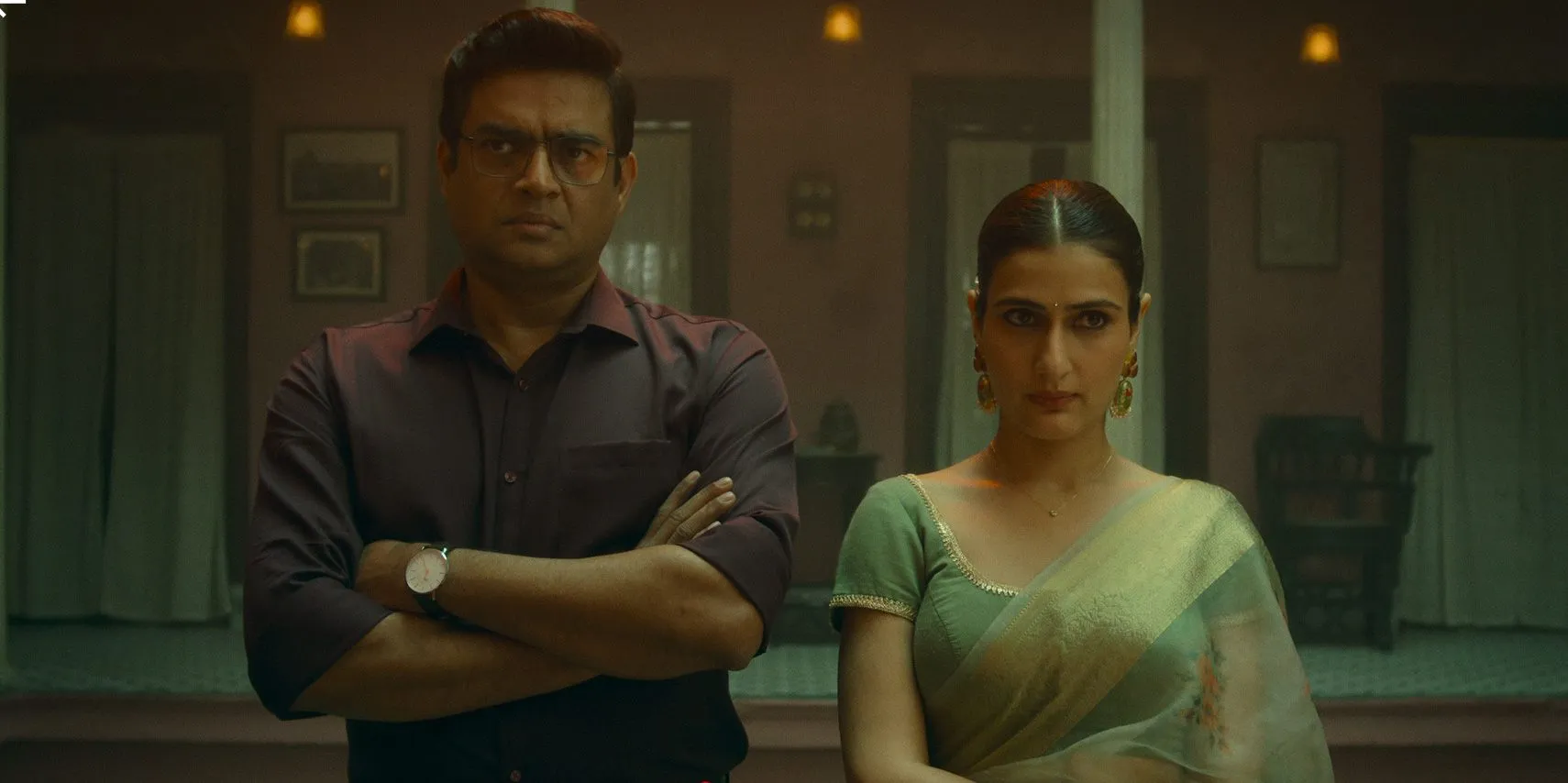Recently the Tamil actor Mansoor Ali Khan made inappropriate and misogynistic statements about the actress Trisha in a recent media interview. Passing obscene comments, he was seen lamenting for not having a ‘bedroom scene’ with Trisha in the recently released film Leo. He also highlighted his role in other ‘rape scenes’ in the past with actresses including Khusboo and how it is not new for him.
According to the reports, following the incident, the National Commission for Women took suo moto action in the matter along with the Chennai police booking charges against him. A complaint has reportedly been filed against him under Sections 354 A (sexual harassment) and 509 (word, gesture, or act intended to offend the modesty of a woman). The actress also reacted through her social account on ‘X’ to the derogatory comments stating that behaviors like these have no place in the film industry.
On the other hand, Mansoor Ali Khan’s remarks, which point out the level of comfort and authority he spoke with to make such “jokes”, highlight the way that women are viewed and treated in both on- and off-screen contexts. Even though prominent figures in the industry including the director of the film Leo, Lokesh Kanakaraj, other celebrities; Karthik Subbaraj, Khusboo, and Malavika Mohanan came forward calling out Mansoor Ali Khan for sexist remarks against Trisha, it also exposes the hypocrisy of many film industry titans who, while talking about feminism and empowerment in films, keep quiet when similar incidences occur in real life, letting such problematic behaviour go unnoticed.
The culture of misogyny in the film industry
Unfortunately, Mansoor Ali Khan is not the first celebrity to openly display misogynistic behavior. Looking back at it, this is not a lone incident as there have been continued instances of rape jokes and slut shaming remarks made by prominent actors and filmmakers on women in the industry.
Recently, comedian and actor Robo Shankar crossed the boundaries when he publicly humiliated actress Hansika Motwani during a media interaction regarding the promotion of their film Partner, by claiming that he was not allowed to touch her leg as she said no, but Aadhi, who is in the lead role, did. ‘It’s the privilege of being a hero,’ he stated. It is unfortunate how people think not respecting boundaries and talking about it proudly is considered a ‘joke’.
It is unfortunate how people think not respecting boundaries and talking about it proudly is considered a ‘joke’.
It was in September, that the Malayalam actor Alencier Ley Lopez who was previously accused of sexual harassment by another actor, stirred a controversy when he allegedly made sexist remarks at the Kerala State Film Awards.
Yet another example of such sexist celebrities is the senior actor Radha Ravi, another entitled figure with a long history of misogynistic and sexist remarks who still prevails in the film industry. Accusations of verbally abusing coworkers were leveled at Ravi in 2018 amid the #MeToo movement by individuals who wanted to stay anonymous. Ravi retaliated by making harsh comments in an effort to undermine the movement as a whole. Notably, Ravi, the dubbing union’s president, banned singer Chinmayi for speaking out against him and exposing these survivor testimonies. His provocative acts continued into 2019 when he made sexist remarks about the actress Nayanthara where he judged her for playing goddess Sita in a Telugu film. Despite this behavior, he is still working in the film industry with a lot of power.
Looking at the history of slut shaming and rape jokes persisting in the film industry, we can understand how pathetic they are and how they expose the industry which is not treating women with dignity.
These are a few instances in recent times that stirred outrage among people. It is shocking how individuals in these fields may essentially get away with anything. Regardless of how outrageous their remarks are they are not held responsible for their actions. Instead, they live lavish lives with wealth and notoriety. Looking at the history of slut shaming and rape jokes persisting in the film industry, we can understand how pathetic they are and how they expose the industry which is not treating women with dignity.
How do films contribute to rape culture?
For decades, media, especially films have consistently portrayed men and women through strict stereotypes: men as dominant and powerful and women as passive and powerless objects of male sexual desires. Deeply analysing, rape culture is all around us in various forms. Women are routinely and unfavorably reduced to simple sexual beings in films, programs, song lyrics, and mainstream TV shows. Keeping this in mind, the frequency of these kinds of events degrading women is so high that it compels the realisation that the poor on-screen representation of women is a direct result of the mentality and actions in the industry. Take Kollywood for instance, there are hundreds of films where rape is turned into a joke and the male protagonist is either saving the female protagonist or is the offender. In the end, it is always the woman getting the blame.
Kollywood, being an industry with enormous hero-worshipping behaviors, the social responsibility of an actor or a filmmaker here is high since normalising a rape joke can indoctrinate various audience members into sexism, resulting in repercussions.
The potential dangers of cinema being a medium to normalise rape culture and encourage victim blaming is something society fails to call out efficiently. When an influential celebrity “jokes” about rape or passes problematic remarks about women, society or at least part of society tends to believe and normalise it. Hopefully, with better media literacy and the ability to recognise the direct impact that films romanticising sexual assault has on real-life rape culture, more people will be more aware of what is considered normal or respectful, resulting in more people believing in and not undermining women.
Let us make the film industry a safe workplace
It is high time that the film industry especially with the recent incidents in the respective industries call out the rape culture and the misogynistic chain of events. The need to address, question and stand up against such acts and statements is crucial for the entertainment industry to be free of sexism and misogyny. This crisis calls for immediate action.
The need to address, question and stand up against such acts and statements is crucial for the entertainment industry to be free of sexism and misogyny.
Actor-turned-politician Roja in response to the remarks emphasised the need for strong legal and police actions whenever men speak against women. She also mentioned the need for strong legal actions for such incidents to stop.
Speaking about the entitlement of these celebrities in power, singer Chinmayi Sripada said, ‘The thing about men like Mansoor Ali Khan, they have always been talking like this. Never been condemned, with other men in power, (with) money and influence laughing along.’
Chinmayi who has been vocal about the ban and the internal politics in the Tamil industry after publicly calling out Tamil lyricist Vairamuthu for sexual harassment, says a lot about the situation of power dynamics and respect given to women working in the industry.
The Tamil cinema industry is known for an evident rampant history of using sexualised terms and making inappropriate jokes about female actors in speeches during promotional events. It is ironic that today, the term “rape” has triggered or upset everyone who thinks of the misogynistic statements as a “harmless joke”. But the lack of professionalism has been on show for decades, yet nobody is expected to call that out.
Nonetheless, anyone who’s part of society, especially the film industry, in order to reinforce and respect gender equality, should be concerned about the persistent objectification of women in the media and by the media people. Because this pervasiveness of rape culture and glorified “rape jokes” in the industry demonstrates that society has a long way to go before it truly views all gender equally and fights for equity.
